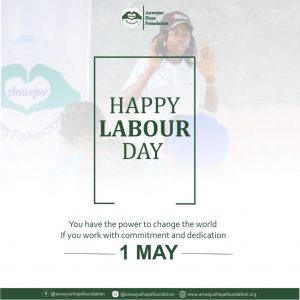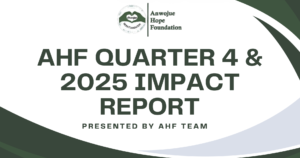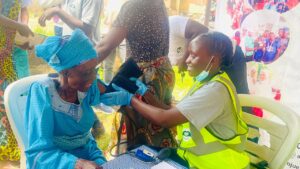Labour Day In Nigeria. A Reflection for the the Future
In Nigeria, we are celebrating Labor Day. Even though I’m not a “worker” in the traditional sense of a government employee or worker, I nonetheless appreciated the day off with my family. Managers, consultants, and white-collar workers put in long hours…
The spirit of the day, however, is to remember and honor those who have suffered as a result of unsafe, unfair, or unjust working conditions… conditions that we should all strive to eliminate for a variety of reasons related to Nigerian labor laws.
It’s in keeping with Toyota’s “respect for people” concept – it’s the right thing to do.
It’s also excellent for our organizations’ long-term financial health — it’s pragmatic, not charitable.
So many issues plague the Nigerian Labor Market and the most pressing issue here is UNDERAGE LABOUR.
Using children as laborers or exposing them to indecent activities such as traffic hawking, street trading, housemaids, domestic services, okada-riding, and a variety of nano, micro, and small businesses as casual workers, including agriculture, is a common sight in Nigeria and many other developing countries.
Kiosks and corner stores, vulcanizers, street sellers, shoemakers, apprentice mechanics, carpenters, tailors, barbers, hairdressers, and open market trades are just a few examples of nano companies.
A growing number of them engage in street begging and some are seen in hazardous work or illicit activities such as prostitution and trafficking.
More than one in five children in Africa are employed as child labourers, in fact, United Nations Children’s Fund (UNICEF) data has it that Africa is the region most affected by underage labour and home to almost half of the world’s child labourers, with about 72 million children.
Many people understand that putting children in hawking, labor, and trading is harmful, but survival is essential, and families must supplement their money with the work of their children and wards.
The majority of child laborers are unpaid, and the majority of children who supply labor have never had any kind of working contact with their guardians or a third-party employer, but they are nonetheless forced to work in an oppressive and dangerous environment.
This is not the late adolescent’s assessment of his circumstances, but the country’s overall view of child labor. The majority of the time, youngsters are forced to participate in various activities against their will and are too young to realize that working as a minor is prohibited.
Nigeria has been a member of the International Labour Organization (ILO) since 1960 and has ratified 40 ILO conventions, which is a positive development for the country. However, as expected, child labor rules must be carefully enforced, and all children must be provided with social support.
This is why we all have to come together through philanthropy and support with a view of a brighter tomorrow to ensure that we limit to the barest minimum (if we cannot completely eradicate) child labour in Nigeria. Anwojue Hope Foundation already has a mandate to do this while assisting the best way we know how. It is up to you to join hands with us and let us make these children’s lives memorable and one worth living.




